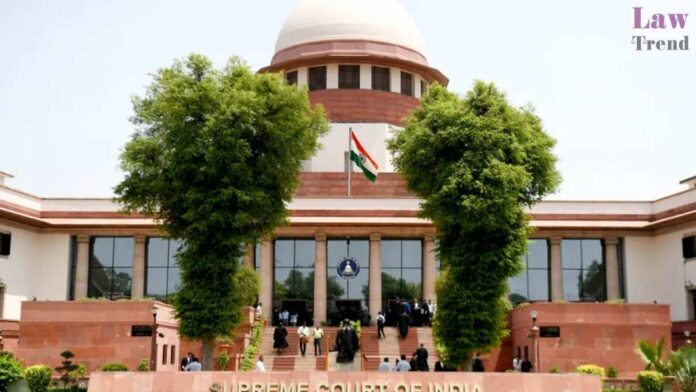The Supreme Court today issued notices to the Union Government and all State Governments on a Presidential Reference filed by President Droupadi Murmu, seeking clarity on the constitutional powers of Governors and the President under Articles 200 and 201 of the Constitution concerning assent to bills.
A Constitution Bench led by Chief Justice of India BR Gavai, along with Justices Surya Kant, Vikram Nath, PS Narasimha, and AS Chandurkar, took up the matter and posted it for further hearing next Tuesday. The CJI mentioned that the Court plans to hear the matter in August. Attorney General R Venkataramani was asked to assist the Court, while Solicitor General Tushar Mehta, appearing for the Union of India, waived formal notice.
States Signal Objections on Maintainability
Senior Advocate KK Venugopal, representing Kerala, indicated that the State would challenge the maintainability of the Presidential Reference. Senior Advocate P Wilson, appearing for Tamil Nadu, pointed out that the issues raised are already covered by the Supreme Court’s judgment in the Tamil Nadu Governor’s case, and Tamil Nadu, too, would raise maintainability objections.
The reference stems from the Supreme Court’s ruling in the Tamil Nadu Governor matter, where the Court set timelines for Governors and the President under Articles 200 and 201. In that case, the bench held that the Governor could not exercise a “pocket veto” by indefinitely withholding assent to bills passed by the legislature, setting a maximum of three months for the Governor’s decision. If the Governor reserved a bill for the President, the President was also required to act within three months.
The Court further held that if these timelines were breached, the State Government could seek a writ of mandamus. As part of that ruling, the Supreme Court declared that ten bills kept pending by the Tamil Nadu Governor for over a year had received deemed assent.
Political Backlash and Key Constitutional Questions
The Tamil Nadu judgment sparked political debate, with former Vice President Jagdeep Dhankhar sharply criticizing the Court’s intervention and likening the use of Article 142 powers to a “nuclear missile.”
The Presidential Reference now places several significant constitutional questions before the Supreme Court, including:
- What options does a Governor have under Article 200 when presented with a bill?
- Is the Governor bound by the Council of Ministers’ advice?
- Is the Governor’s or President’s discretion under Articles 200 and 201 justiciable?
- Can courts impose timelines where the Constitution doesn’t prescribe any?
- Can Article 142 powers allow the Supreme Court to issue directions contrary to existing constitutional provisions or laws?
- Is the Governor’s assent essential for a State bill to become law?
- Can courts adjudicate bills before they become law?
- Should disputes between the Union and States only be handled under Article 131?
Interestingly, Justices Narasimha and Chandurkar, part of today’s Constitution Bench, are also hearing the Kerala Governor case, where Kerala argues that the Tamil Nadu ruling applies, while the Union contests that claim, urging the Court to wait for the Presidential Reference to be resolved first.




